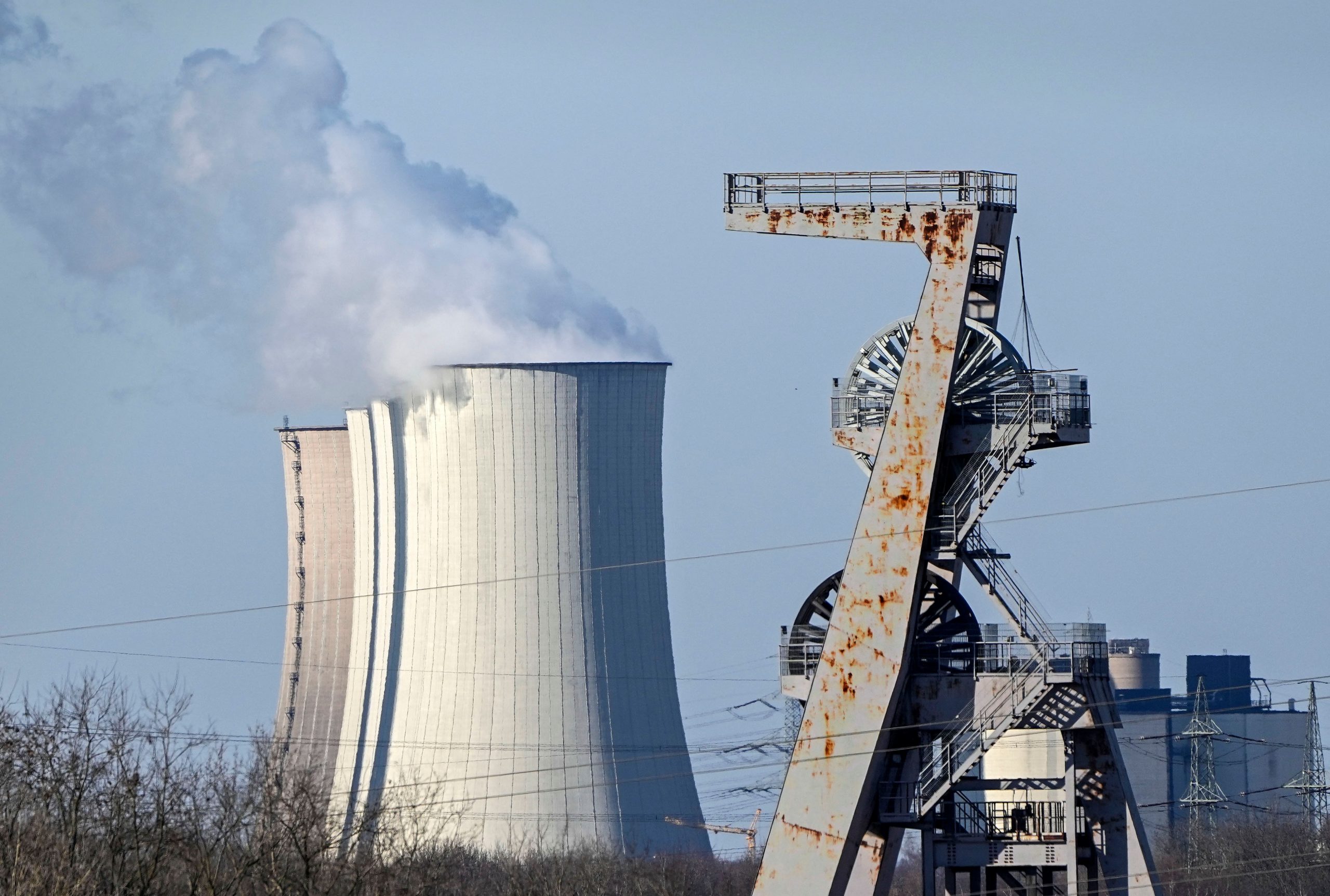Russia’s position in providing energy to Europe has allowed Moscow to be aggressive against European customers, due to differences over the conflict in Ukraine. While natural gas exports have fallen by more than a quarter since January, the rising prices have allowed Russia to stay afloat, even after it cut off deliveries.
Russian state energy giant Gazprom, said Wednesday, as per CNN, that gas exports outside the Commonwealth of Independent States, which includes 11 countries in Central Asia and Eastern Europe, fell almost 28% in the first five months of 2022.
Thus far, Gazprom has cut 20 billion cubic meters of its gas supplies to six European countries, including Poland, Bulgaria, Finland, Denmark, Germany, and the Netherlands. These customers have refused to pay in rubles, as demanded by Russian President Vladimir Putin in March.
Also Read | Russian tank takes landmine in Ukraine, crew miraculously survives
As per data from the International Energy Agency, this accounts for 13% of the European Union’s total gas imports from Russia. James Huckstepp, head of EMEA gas analytics at S&P Global Commodity Insights, however, told CNN that with prices rising to $102 megawatt per hour in 2022, Russia is unlikely to see a significantly lesser revenue, unless more cuts are made.
Russia also has deals in place with other nations that continue to rely on Moscow’s natural gas supply, finding it to come at a relatively discounted rate as compared to elsewhere. Serbia has agreed to continue its reliance on Russian gas and Indian buyers have also gone for discounted Russian liquefied natural gas that the West has shunned.
Also Read | Is Russia looking for a symbolic victory by moving on Severodonetsk?
With certain markets tapped into, Russia has also extended the option to European buyers to open Gazprombank accounts, where payment can be made in dollars or euros, and the bank will convert that to rubles. This amount is then sent to a second account to pay Russia for its gas.
Companies like Shell and The Netherlands’ GasTerra rejected this offer, but many others, like Italy’s ENI, Germany’s RWE, and France’s Engie have gone for this compromise, despite EU officials insisting that the move runs afoul of the bloc’s sanctions imposed on Russia.
While Russia is holding its own for now, despite cutting off gas supplies, the nation will have a harder time finding alternate buyers once Europe moves away from its dependence on Russian energy. This is primarily because gas pipelines needed for delivery, take a long time to build.







